Media companies and OpenAI engage in licensing talks amid copyright concerns
2 min. read
Published on
Read our disclosure page to find out how can you help MSPoweruser sustain the editorial team Read more
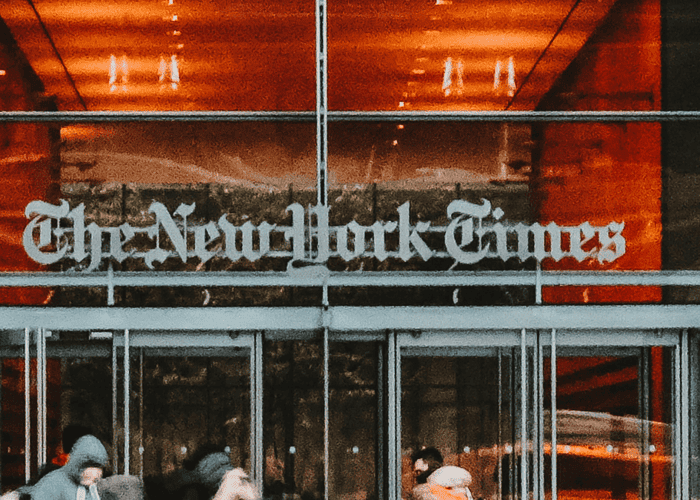
News organizations and OpenAI are discussing licensing news content for AI training. These talks have gained public attention following The New York Times’s recent lawsuit against OpenAI and its investor, Microsoft, alleging copyright infringement related to the use of its content in AI development.
The lawsuit has brought a complex issue around intellectual property rights in the AI age. News organizations argue that their content should be protected and compensated for when training AI systems, which can be used for commercial purposes like chatbot development. OpenAI, on the other hand, contends that its use of news content falls under fair use guidelines, allowing for limited and transformative use without permission.
Beyond legal considerations, concerns revolve around the potential impact of AI on the media landscape. News publishers are wary of the potential for misinformation and erosion of trust if AI-powered applications are not carefully implemented and monitored. Conversely, some see opportunities for AI to enhance news delivery and expand reach.
While The New York Times’ lawsuit has drawn significant attention, it’s important to note that other media companies have adopted different approaches. The Associated Press, for example, has entered into a licensing agreement with OpenAI, while others like Bloomberg are focusing on developing their own internal AI capabilities.
The ongoing dialogue between media companies and OpenAI underscores the need for ethical guidelines and fair compensation models in AI development and content utilization. Striking a balance between protecting intellectual property rights, fostering innovation, and safeguarding journalistic integrity will be crucial in shaping the media industry’s future in the face of this rapidly evolving technology.
More here.

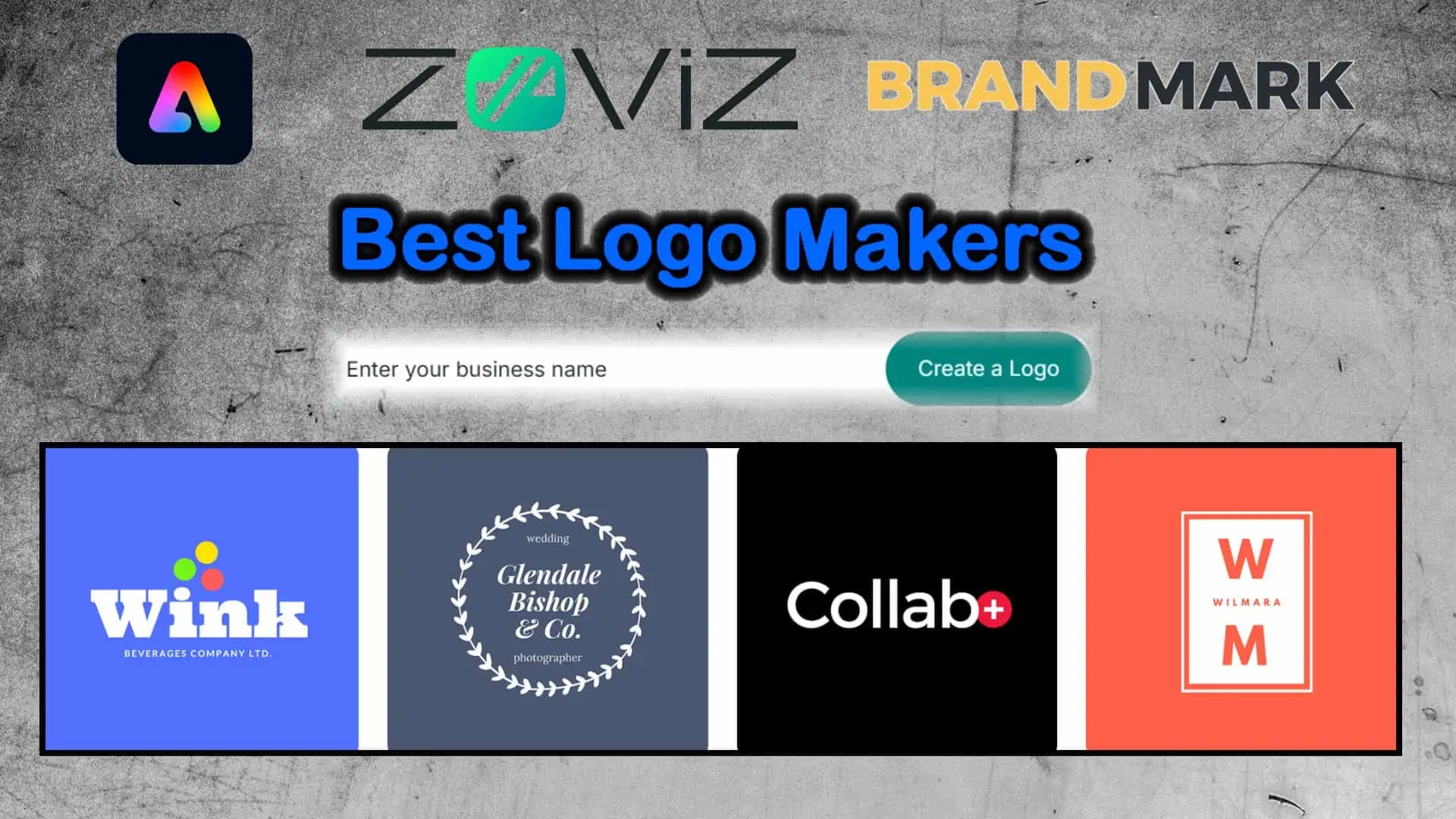
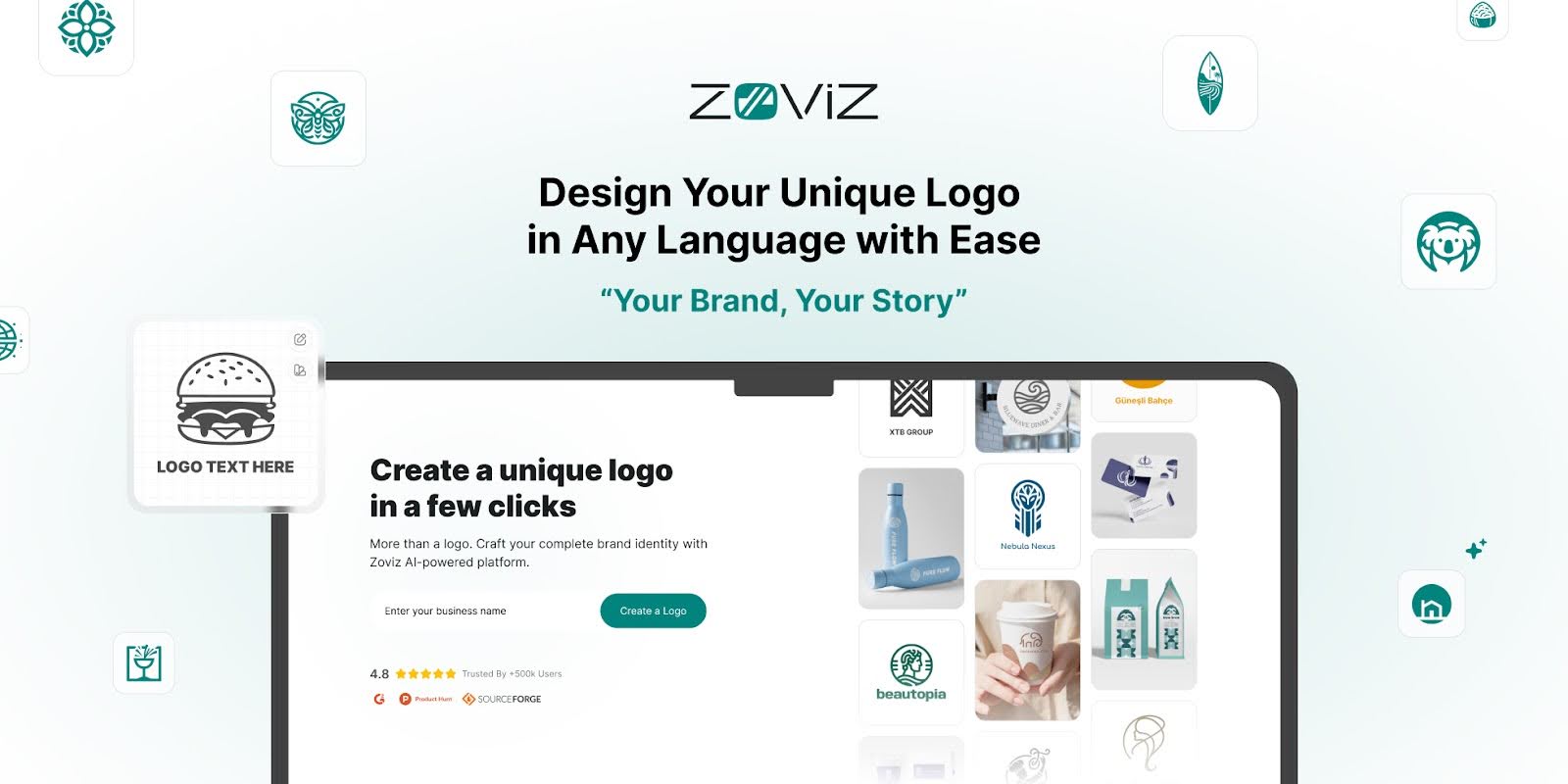
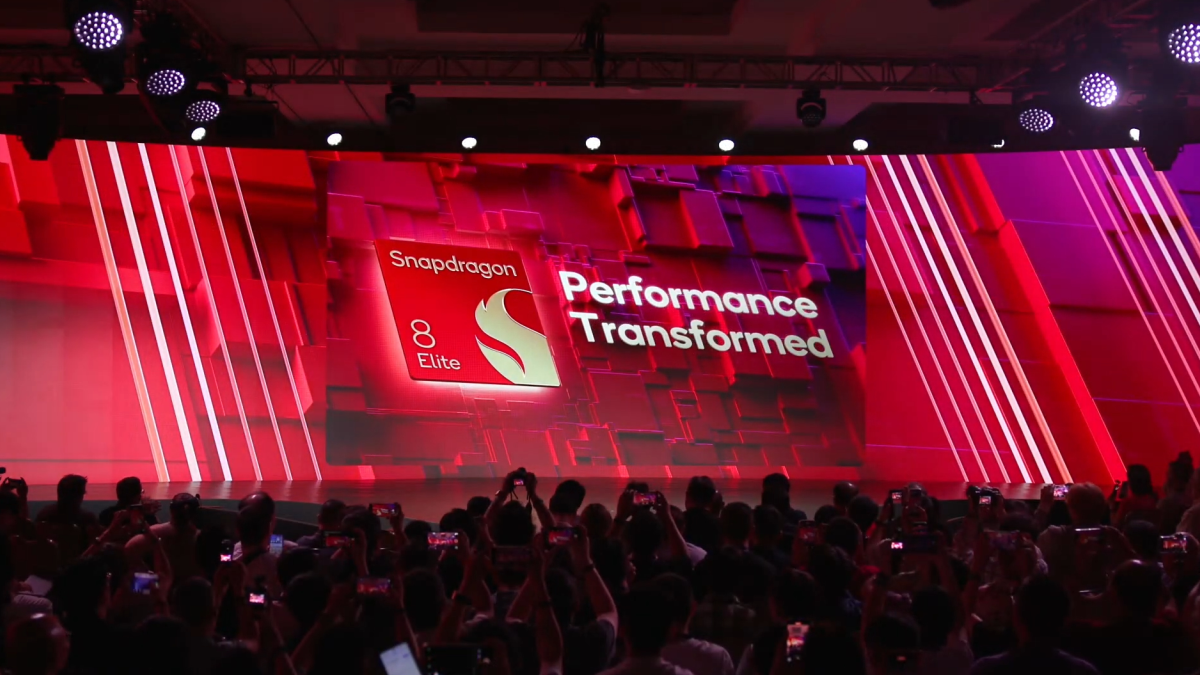
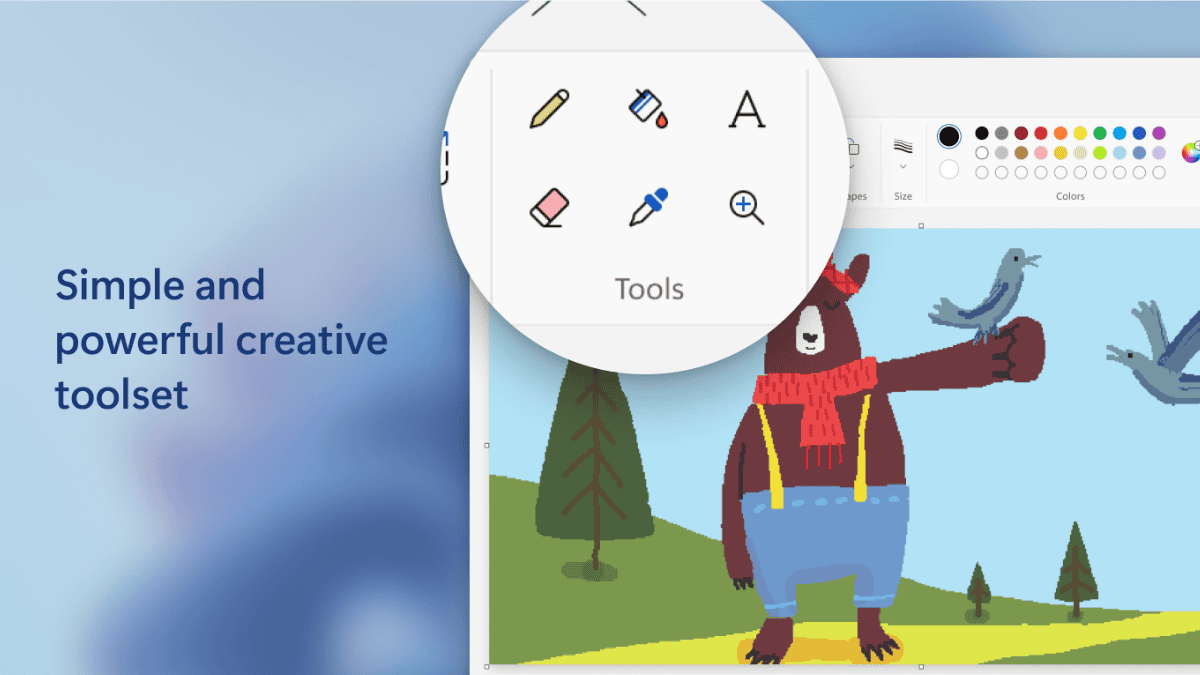

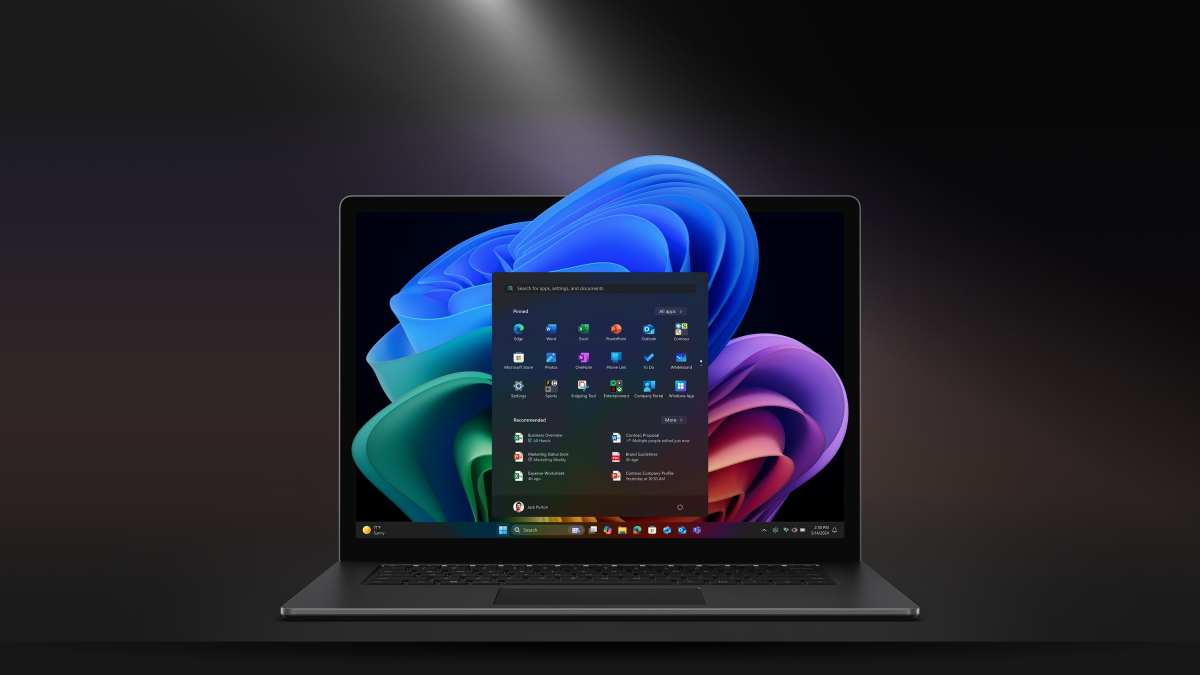
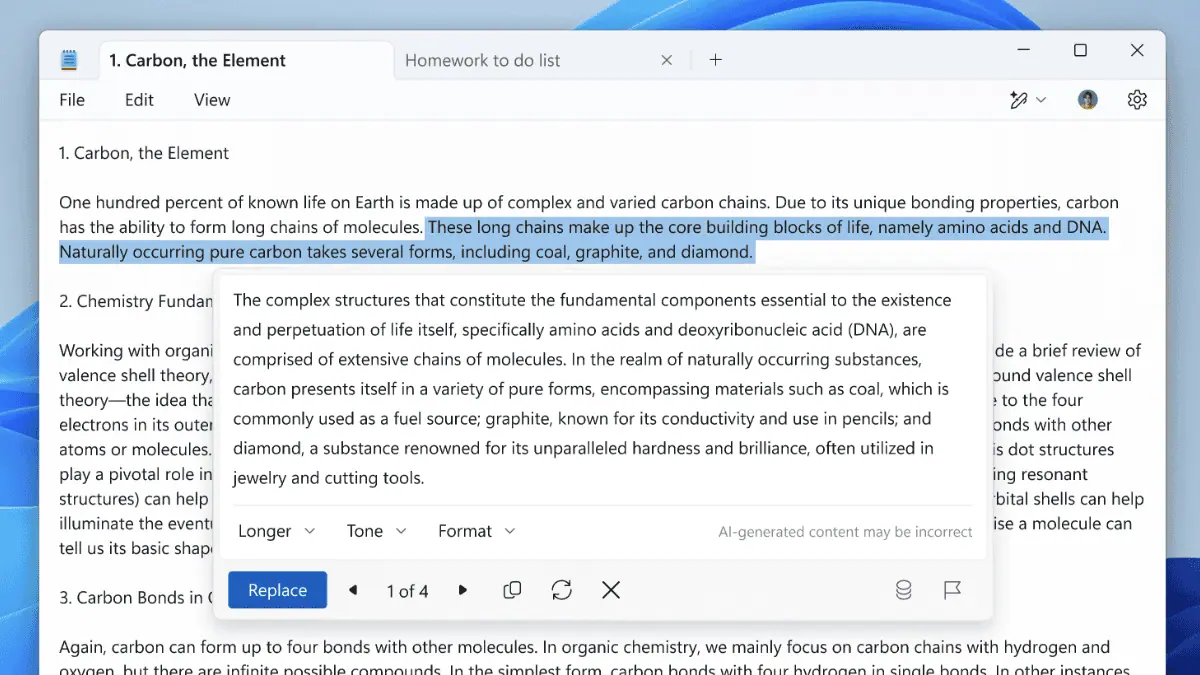
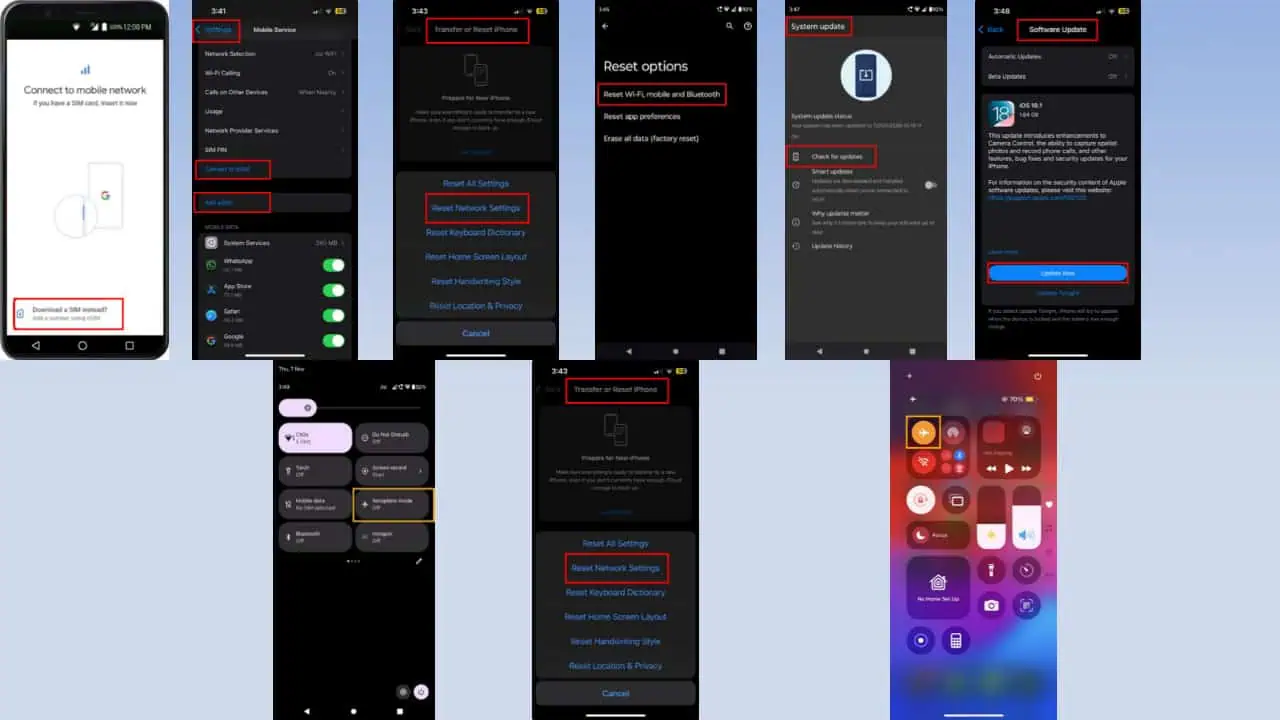
User forum
0 messages